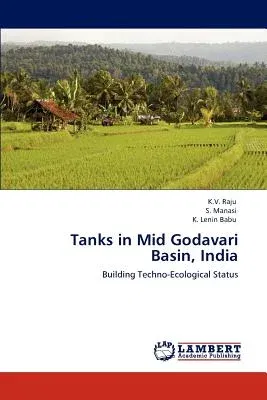K V Raju
(Author)Tanks in Mid Godavari Basin, IndiaPaperback, 5 September 2011

Qty
1
Turbo
Ships in 2 - 3 days
In Stock
Free Delivery
Cash on Delivery
15 Days
Free Returns
Secure Checkout
Print Length
176 pages
Language
English
Publisher
LAP Lambert Academic Publishing
Date Published
5 Sep 2011
ISBN-10
3845442204
ISBN-13
9783845442204
Description
Product Details
Authors:
Book Format:
Paperback
Country of Origin:
US
Date Published:
5 September 2011
Dimensions:
22.86 x
15.24 x
1.04 cm
ISBN-10:
3845442204
ISBN-13:
9783845442204
Language:
English
Location:
Saarbrucken
Pages:
176
Publisher:
Weight:
267.62 gm

